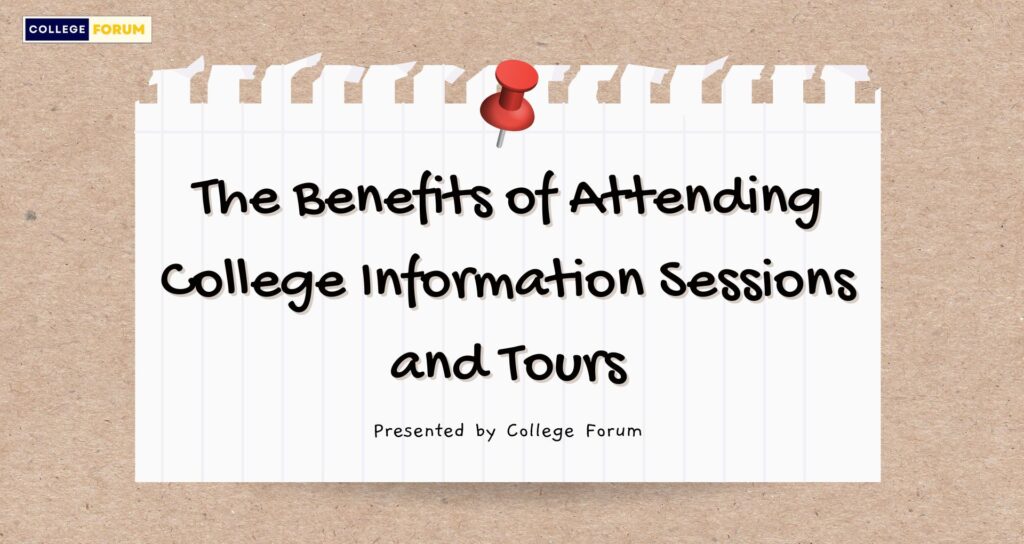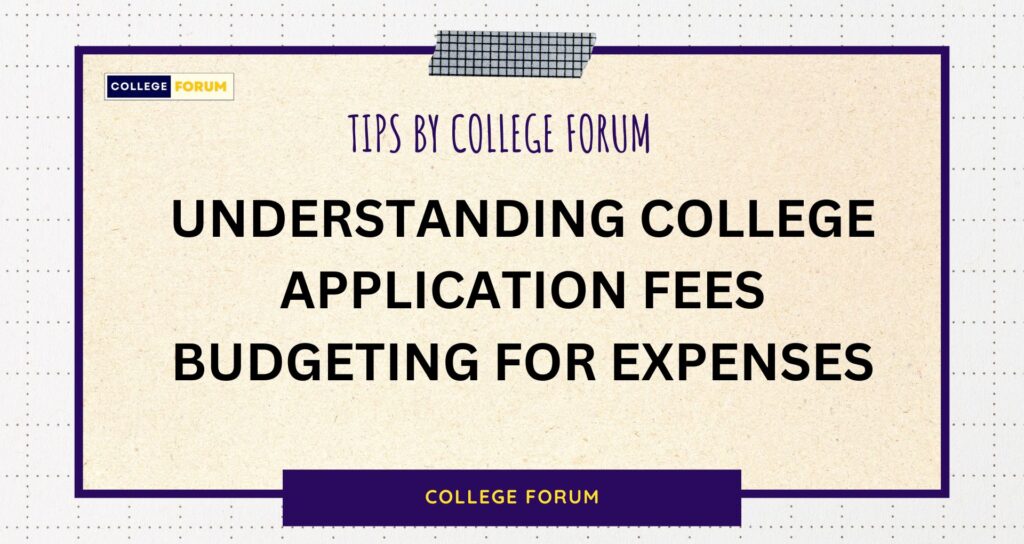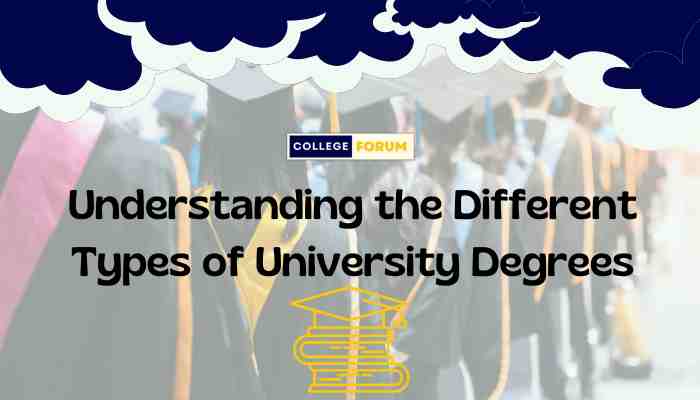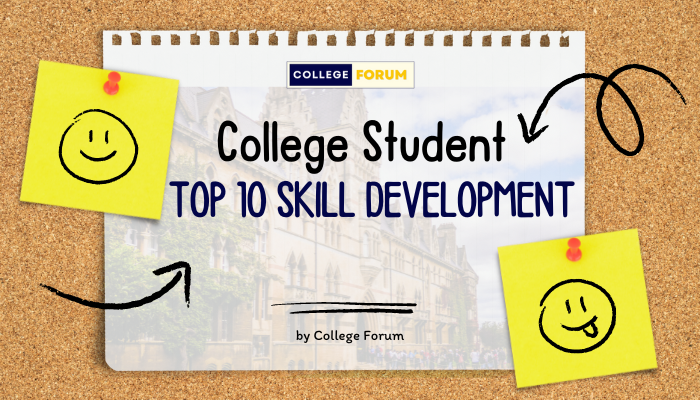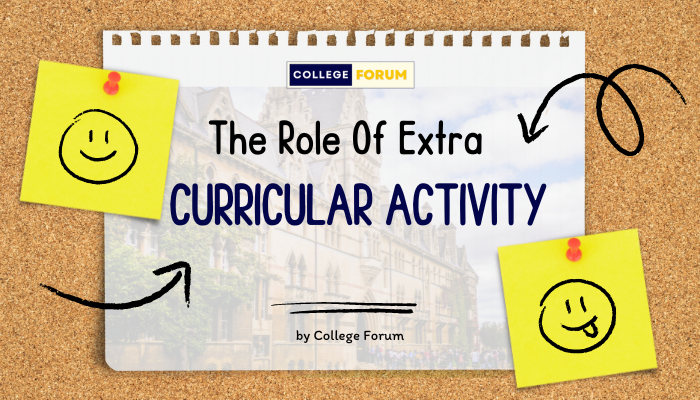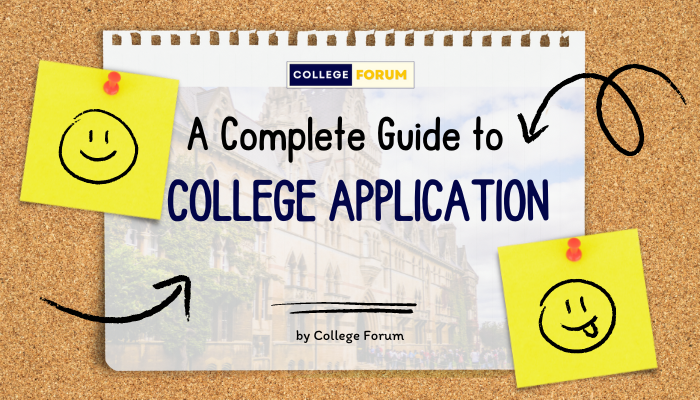Benefits of Attending College Information Sessions and Tours
Benefits of Attending College Information Sessions and Tours Definition and Importance of College Information Sessions and Tours College information sessions and tours are invaluable opportunities for prospective students to gain insight into various colleges and universities. These sessions provide detailed information about academic programs, admission requirements, campus culture, and student life. College tours, on the other hand, offer firsthand experiences of campus facilities, resources, and atmosphere. The aim of this blog is to highlight the significance of attending college information sessions and tours in aiding students’ decision-making process regarding higher education. Purpose of the Blog: Spreading Information and Knowledge In today’s competitive academic landscape, it’s essential for students to make well-informed decisions about their college choices. By spreading awareness about the benefits of attending college information sessions and tours, this blog aims to empower students to take advantage of these opportunities. Through an in-depth exploration of the various aspects of college information sessions and tours, readers will gain valuable insights into how these experiences can shape their college selection process. Understanding College Information Sessions What are College Information Sessions? College information sessions are organized events conducted by colleges and universities to provide prospective students with detailed information about their academic programs, admission criteria, financial aid options, campus resources, and more. These sessions are typically led by admissions staff, faculty members, and current students who offer insights into various aspects of college life. Types of Information Sessions General Information Sessions: These sessions provide an overview of the college’s offerings, including academic programs, campus facilities, and admission procedures. Departmental Information Sessions: Focused on specific academic departments or programs, these sessions delve into the curriculum, faculty expertise, research opportunities, and career prospects within a particular field of study. Specialized Information Sessions: Some colleges offer specialized sessions for underrepresented groups, international students, athletes, or students interested in specific areas such as honors programs or study abroad opportunities. Importance of Information Sessions College information sessions play a crucial role in helping prospective students gather relevant information about colleges of interest. By attending these sessions, students can: Gain a comprehensive understanding of academic programs and extracurricular opportunities. Interact with admissions staff, faculty members, and current students to address queries and concerns. Learn about admission requirements, application deadlines, and financial aid options. Evaluate campus culture, student support services, and diversity initiatives. Make informed decisions about college selection based on firsthand information and insights gained during the sessions. III. Exploring College Tours Definition and Purpose of College Tours College tours, also known as campus visits or open houses, offer prospective students an opportunity to explore college campuses firsthand. These tours typically include guided walks around campus, visits to academic buildings, residence halls, dining facilities, and recreational areas, as well as interactions with current students and faculty members. Types of College Tours Guided Campus Tours: Led by student ambassadors or admissions staff, guided campus tours provide structured experiences designed to showcase various aspects of campus life and facilities. Self-Guided Tours: Some colleges offer self-guided tour options where prospective students can explore campus at their own pace using maps or virtual tour guides. Virtual Tours: With the advent of technology, many colleges now offer virtual tours that allow prospective students to explore campus facilities and resources remotely through interactive platforms or 360-degree videos. Importance of College Tours College tours offer prospective students an immersive experience that goes beyond mere information dissemination. By participating in college tours, students can: Familiarize themselves with campus layout, facilities, and resources, including academic buildings, libraries, laboratories, and recreational spaces. Experience the atmosphere and ambiance of the campus, including student interactions, cultural events, and campus traditions. Interact with current students and faculty members to gain insights into academic programs, extracurricular activities, and campus culture. Evaluate factors such as campus safety, accessibility, housing options, dining services, and transportation facilities. Make informed decisions about college fit and suitability based on firsthand experiences and observations during the tours. The Benefits of Attending College Information Sessions In-Depth Insight into College Programs and Offerings College information sessions provide detailed information about academic programs, majors, minors, and specialized tracks offered by colleges and universities. By attending these sessions, prospective students can gain insights into curriculum structure, course requirements, faculty expertise, research opportunities, and career pathways within their areas of interest. Opportunity to Interact with Admissions Staff and Faculty Information sessions offer prospective students an opportunity to interact directly with admissions staff, faculty members, and academic advisors. These interactions provide valuable insights into admission requirements, application procedures, and academic support services available to students. Prospective students can also seek guidance regarding course selection, academic planning, and career goals during these sessions. Clarification of Doubts and Queries College information sessions serve as platforms for prospective students to address any doubts or queries they may have regarding college programs, admission criteria, financial aid options, campus facilities, or student life. Admissions staff and faculty members are available to provide accurate information and guidance, helping students make informed decisions about their college choices. Understanding Admission Requirements and Procedures One of the primary purposes of college information sessions is to educate prospective students about admission requirements and procedures. By attending these sessions, students can learn about standardized testing requirements, GPA expectations, prerequisite courses, application deadlines, and documentation needed for admission. Understanding these requirements in advance enables students to plan and prepare effectively for the college application process. Learning about Campus Culture and Student Life College information sessions offer insights into campus culture, student demographics, extracurricular activities, and social opportunities available at colleges and universities. Prospective students can learn about student clubs and organizations, cultural events, community service initiatives, and recreational facilities during these sessions. Understanding the campus culture and student life can help students assess whether a particular college aligns with their personal values, interests, and aspirations. The Advantages of Participating in College Tours Familiarization with Campus Facilities and Resources College tours provide prospective students with an opportunity to explore campus facilities and resources firsthand. By visiting academic buildings, libraries, laboratories, and recreational spaces, students can
Benefits of Attending College Information Sessions and Tours Read More »
